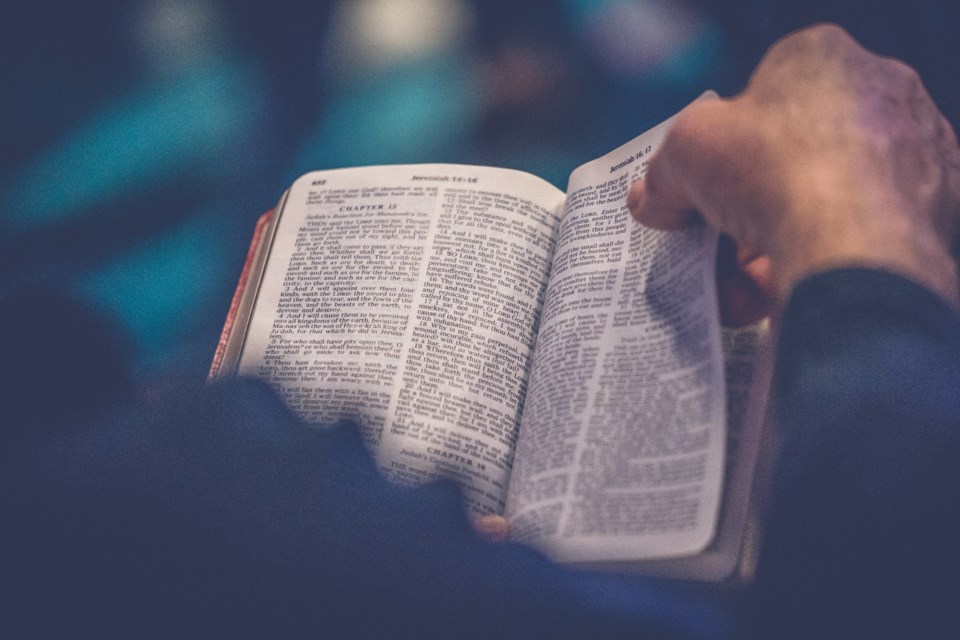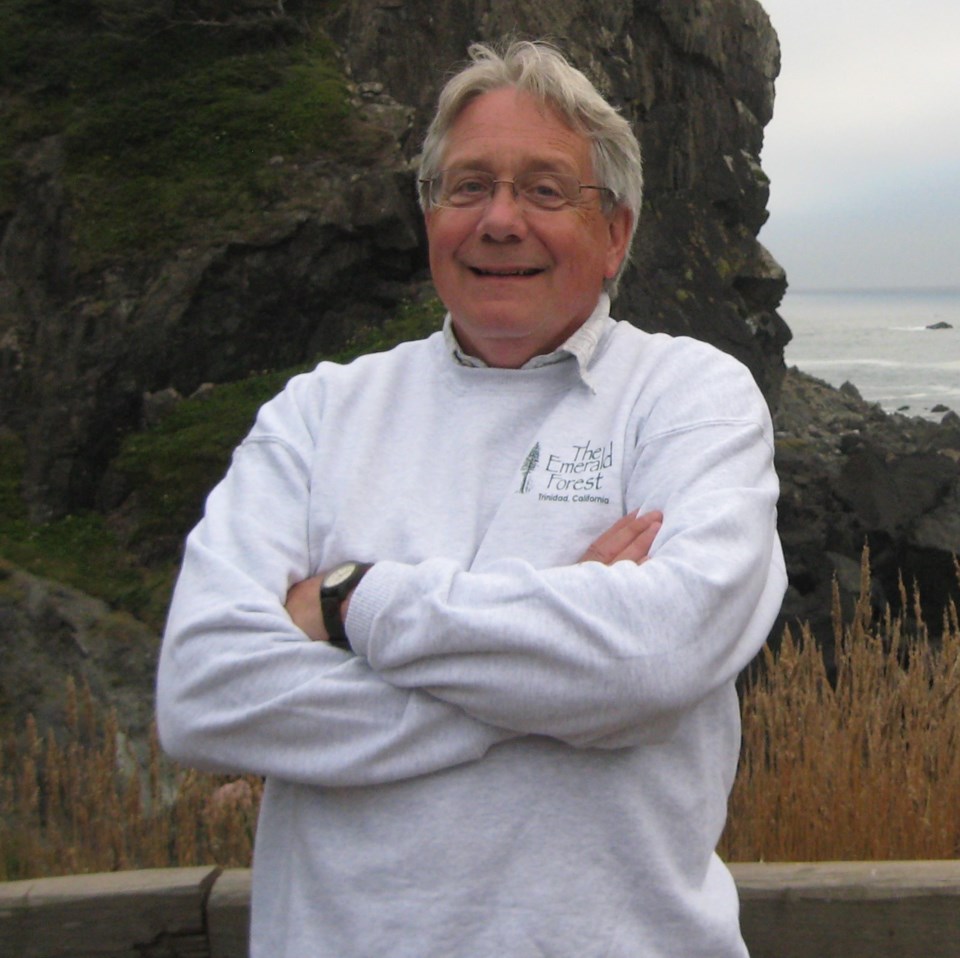 In university, my major was not Divinity ŌĆō in fact, I was probably the furthest thing from a Divinity student you could find. I majored in English, and one of the most enduring lessons I learned was in Economics 100, with Professor Larry.
In university, my major was not Divinity ŌĆō in fact, I was probably the furthest thing from a Divinity student you could find. I majored in English, and one of the most enduring lessons I learned was in Economics 100, with Professor Larry.
With his black moustache, glasses and vocal delivery, Prof. Larry resembled Groucho Marx. With his shoulder-length dark hair, prowling the front of the lecture hall with a hand-held microphone, he also resembled George Carlin. With the reading list, he resembled anything but an ECON prof.
▒╩▒¶▓╣│┘┤ŪŌĆÖs╠²Ėķ▒▒Ķ│▄▓·▒¶Š▒│”.╠²▒ß▒Š▒▒¶▓·░∙┤Ū▓į▒░∙ŌĆÖs╠²The Heavenly City of the Eighteenth-Century Philosophers.╠²░┐░∙Ę╔▒▒¶▒¶ŌĆÖs╠²Animal Farm.╠²"What is your conception of economics?" one indignant student snarled on Day One.
"I'm not going to play that game," Professor Larry snarled back. "You'll have to see. Or there's the door."
Some took the hint.
It soon became apparent what his ŌĆ£gameŌĆØ was: he was teaching us to challenge ŌĆ£conventional wisdomŌĆØ, and anyone progressing in the field of Economics would have to learn to do that. Case in point: it was the mid-70s, the NDP were in power, and people were afraid ŌĆ£free enterpriseŌĆØ was threatened.╠²
"When businesspeople bleat about 'free enterprise'," he said, "understand that they really mean╠²▒Ķ░∙Š▒▒╣▓╣│┘▒╠²enterprise and government rules that benefit them. Ask yourselves how well they could survive in a╠²│┘░∙│▄▒¶▓Ō╠²free-enterprise system."╠²
ŌĆ£Ask yourselves.ŌĆØ ŌĆ£Learn to discern.ŌĆØ (Prof. Larry didnŌĆÖt speak in slogans, so that one is mine.) That stuck with me and in later years, shaped my faith. ŌĆ£DiscerningŌĆØ doesnŌĆÖt mean judging, but being able to determine right from wrong, the false from the true. The Apostle Paul writes that the Word of God is the perfect ŌĆ£swordŌĆØ to help you slice the one from the other.╠²
Twenty-five years later, when I finally started reading the Bible in earnest, I realized that what I had been hearing about God and Christ from Christians and non-Christians alike was often different from what I was reading. I saw the utter failure of my own belief system, which had boiled down to, ŌĆ£If it works for me, then itŌĆÖs got to beŌĆØ, and how some around me had been inconvenienced and other devastated by that attitude.
And God said, ŌĆ£HowŌĆÖs that workinŌĆÖ for ya?
Reading the Bible diligently (not, as W.C. Fields said, ŌĆ£looking for a loopholeŌĆØ), it became clear that it was not ŌĆ£a book of Jewish storiesŌĆØ or ŌĆ£a bunch of ŌĆśdonŌĆÖtsŌĆÖŌĆØ. It rang true ŌĆō and what wasnŌĆÖt immediately obvious would become clear through contemplation.
I learned to recognize wonky theology ŌĆō both ultra-conservative and super-liberal. I became an advocate of ŌĆ£read it for yourselfŌĆØ. ŌĆ£DonŌĆÖt just take the word of the guy prancing about up here,ŌĆØ I would tell the people at Gospel Mission (referring to myself). Indeed, some of the most joy-filled moments for me, would be having ŌĆ£street peopleŌĆØ ask intelligent, probing questions, or stand up during an ŌĆ£open mikeŌĆØ night to read, and watching positive changes in their lives. They will be better protected against wrong teaching.╠²
The more I read, question and pray, the more I look past orthodoxy to learn for myself; the more I feel able to decide whether something is true. Truth will always stand up to questions and criticism and will not ŌĆ£alter when it alteration findsŌĆØ (thatŌĆÖs Shakespeare). Nor does it suppress doubters. A good pastor or teacher will not get offended or patronizing but will welcome the discussion.
ŌĆ£Learn to discernŌĆØ. An enduring lesson from an unlikely source. I donŌĆÖt know his faith, but that teaching helped me determine mine.
Thanks, Prof. Larry!
 Drew Snider╠²is a former pastor at Gospel Mission on 91įŁ┤┤'s Downtown East Side, and has been a guest speaker at churches in BC. His new e-book,╠²ŌĆ£God At Work: a Testimony of Prophecy, Provision and People amid PovertyŌĆØ,╠²will be released July 24 in all online bookstores.
Drew Snider╠²is a former pastor at Gospel Mission on 91įŁ┤┤'s Downtown East Side, and has been a guest speaker at churches in BC. His new e-book,╠²ŌĆ£God At Work: a Testimony of Prophecy, Provision and People amid PovertyŌĆØ,╠²will be released July 24 in all online bookstores.
Photo by╠²╠²on╠²
You can read more articles on our interfaith blog, Spiritually Speaking,
* This article was published in the print edition of the Times Colonost on Saturday. July 20th 2019


